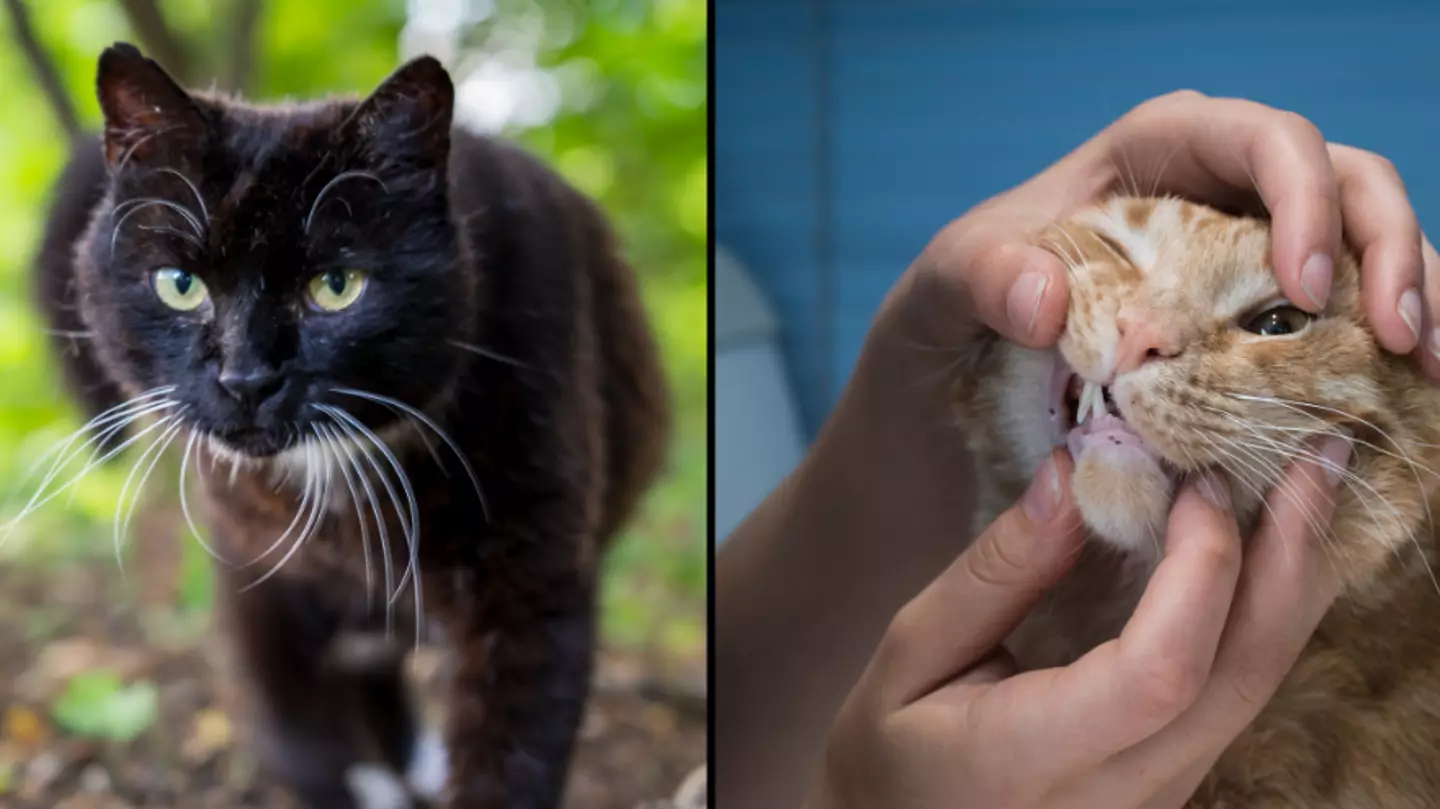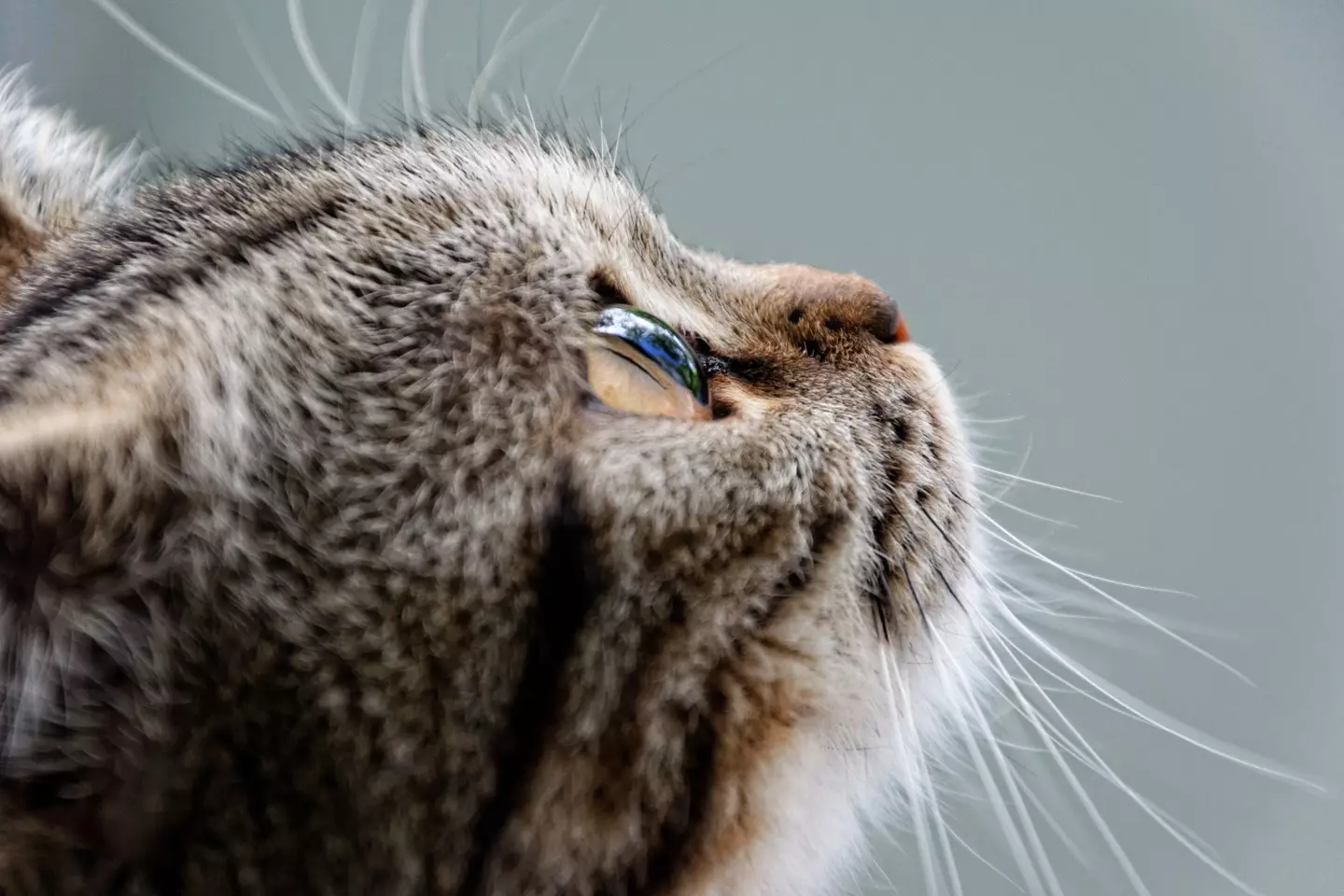
A deadly virus that has killed thousands of cats in Cyprus has been found in the UK.
An outbreak of a mutation of feline infectious peritonitis (FIP) has swept through Cyprus in recent months, with some reports claiming it is responsible for the deaths of up to 300,000 cats this year.
FIP is a disease caused by feline coronavirus (FCoV) and is usually fatal if contracted and left untreated.
Advert
Dr Jo Lewis, a feline veterinary surgeon, explained to Sky News earlier this year that the virus spreads particularly quickly in places where cats are living in close quarters, such as rescue centres.
But she warned it can also be spread by humans.
"It's also important to note that the virus can be transmitted mechanically on grooming brushes, cat litter scoops and even on human feet and hands," she told the news outlet.
"That theory may explain why many indoor-only cats in Cyprus are being affected."
Now, vets in the UK have confirmed the first known case in the country.

Professor Danielle Gunn-Moore from Edinburgh University told Sky News the case that has been traced in the UK is unlikely to be the first that's made its way over here, and believes it will almost certainly crop up in other cats.
Gunn-Moore says this new strain - named F-CoV-23 - is ‘particularly nasty’ and that it ‘gets into all cells’, rather than staying in one place.
Usually, when cats pick up feline coronavirus it only turns into the more dangerous FIP due to an ‘individual mutation in an individual cat’.
However, this new strain is more ‘terrifying’, according to Professor Gunn-Moore, as cats are directly passing the same virus between them, rather than it needing to individually mutate in each cat.

Professor Gunn-Moore told Sky she is ‘really, really hoping’ that the specific genetics of cats in Cyprus plays a part in how easily it spreads.
Alerting cat owners of what to look out for, Professor Gunn-Moore said usual symptoms include a distended belly, potential breathing issues and being off their food.
Gun-Moore also said to look out for neurological symptoms such as wobbliness and seizures.
Professor Gunn-Moore has warned cat owners to be vigilant, particularly if you have rehomed a cat from Cyprus or live near a cat shelter that takes in rescue animals from Cyprus.
Cats who are found to have FIP can be treated with two Covid-19 antivirals, which are ‘effective at treating the illness’, and appear to ‘work well’ on the new strain.